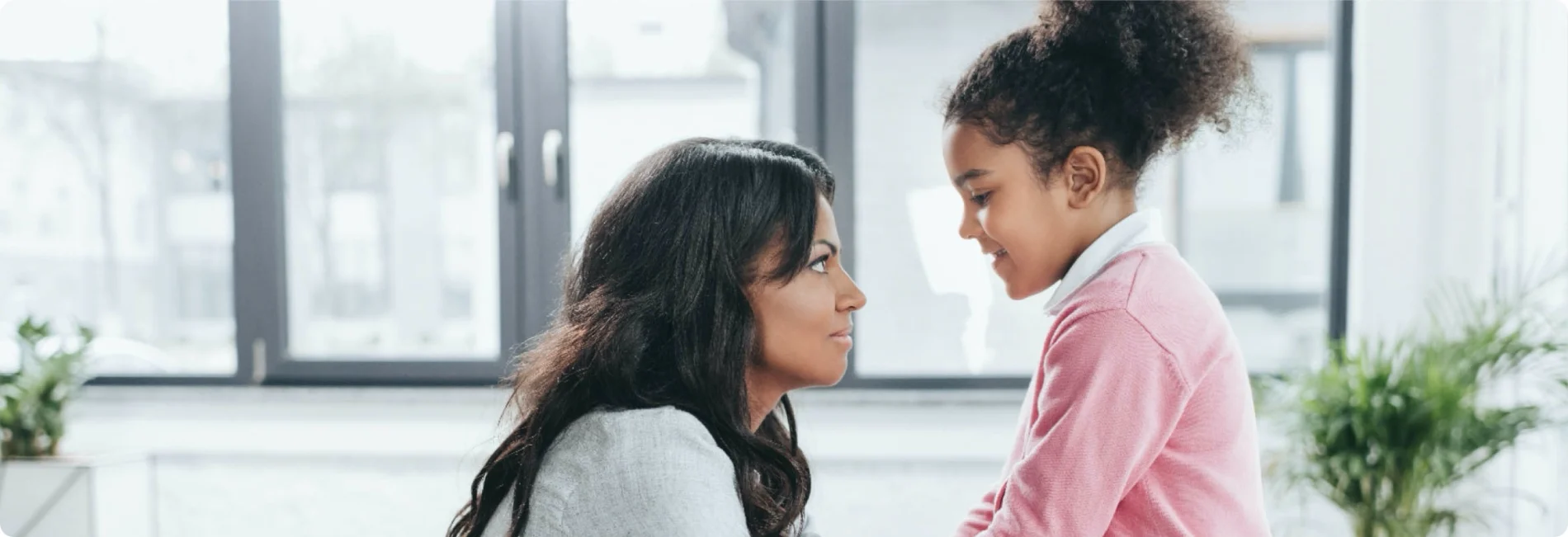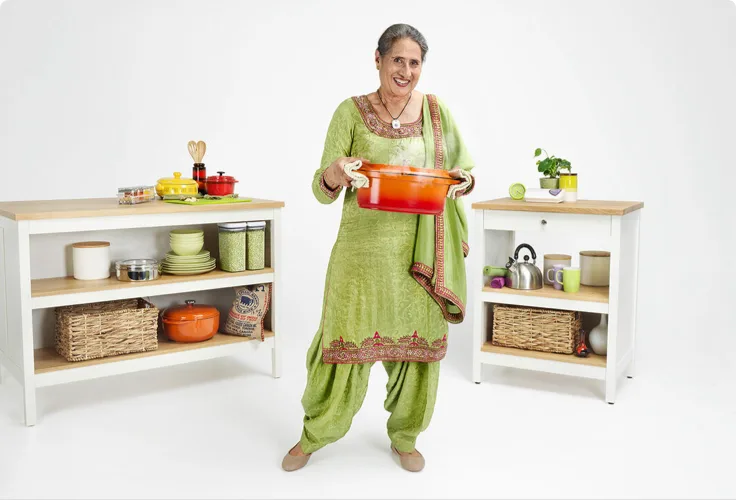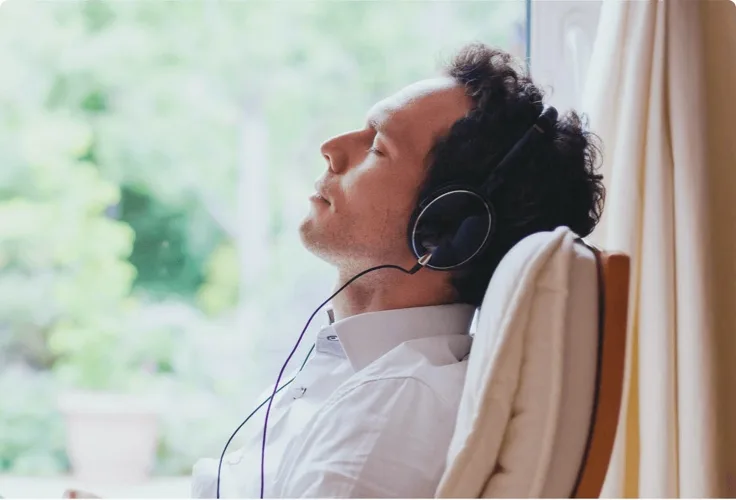
How do we talk to our children about a viral pandemic?
COVID-19 · Mar 31, 2020
If you’re a parent, you’re likely facing some serious challenges at the moment, whether you’re trying to keep a little one entertained or explain the importance of social distancing to a frustrated teen. Many young people are worried about the virus and we, as parents, have a responsibility to provide calm and comfort.
However, if adults are equally as anxious and struggling to understand what’s happening, how do we talk to our children about a viral pandemic? Below are some ideas for calming young brains.
1. Your anxiety is contagious
We know that children model our behaviour and use their experiences with us to help them understand and navigate the world. We also know that our children can become anxious vicariously by watching us exhibit anxiety.
Modelling good self-care, healthy daily routines, regular physical activity and a positive outlook is rarely easy. It’s even more challenging at the moment, but it will certainly make a difference for your child’s physical and mental health.
If you’re struggling with anxiety, especially if it’s affecting your ability to function well at work or at home, please take it seriously. Seek support, whether through a psychologist, counsellor or family practitioner. Mental health is essential for effective parenting.
2. Ask open-ended questions
Years ago, I stopped asking my kids how their day was because I’d only ever get one answer: “Fine.” When I started using prompts such as tell me about your day, I learned more than I imagined possible (often more than I wanted to know!). It showed my children I was interested in hearing from them, whatever they wanted or needed to say.
I suggest you do the same thing now. Ask questions that require a thoughtful response without assuming you know what they’re thinking. Then, it’s appropriate to follow-up by asking if they’re worried about what they’ve heard or if they have questions.
3. Use age-appropriate language
For elementary school-aged kids, consider asking questions such as why aren’t you going to school? or what do you know about this virus?
For older kids, I’d use questions such as what have you been hearing about this virus?, what does social distancing actually mean?, or what’s the craziest thing you’ve heard?
4. Offer facts or help to find them
If you don’t have the answer, say so and look it up together on a reputable website.
For older kids, it’s a great time to talk about finding reputable news sources, and the difference between science and opinion. It’s never too early to teach kids that everyone is welcome to their own opinion – but not to their own facts.
5. Answer questions, but don’t give more information than they ask for
We might want to give all the information we can, but kids have a limited capacity to take in new information, especially if it’s not terribly interesting. Address their current questions and let them know you’re happy to answer their questions any time or help them to find the answers.
6. Put the situation in perspective, be hopeful and positive, and for older kids, talk about social responsibility
Your teen might be miserable, but as parents we must teach them to maintain social distancing to protect the most vulnerable among us, including the elderly and those with chronic illnesses. Developmentally, it is really difficult for most teens to put themselves into another person’s shoes. Provide context, such as we need everyone to exercise social distancing because your grandparents, elderly neighbours or relative with cancer are vulnerable and everyone needs to take responsibility to protect them from harm. It’s important to balance this message, not by provoking fear but by encouraging a sense of control: if we act together, we will get through this more quickly and back to normal life again.
7. Love them
There’s nothing you can do that’s more important for your child’s growth, development and well-being than to give them unconditional love in a stable, nurturing environment.
So, go and love them! Also reach out to someone vulnerable who might need your help during this difficult time. Your kids will learn from those acts of kindness, too.
Dr. Diane


